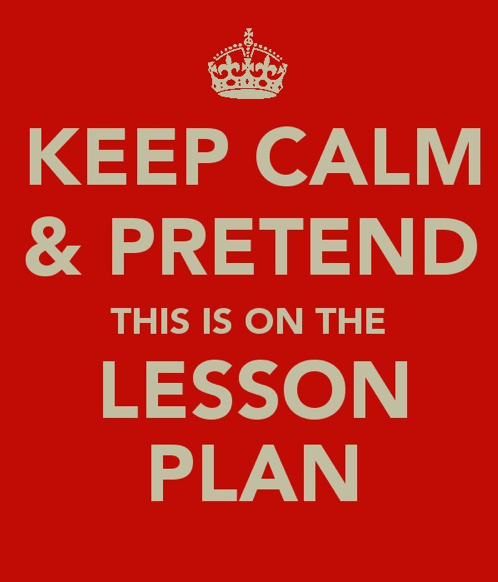The Coding Bootcamp Phenomenon
Why I'm nervous

Educator
- Taught programming at UVU for 2+ years
- Taught multiple adult programming classes
- Master of Science (IP&T)
- Consulting, building "e-learning" for 4+ years
Programmer
- Self taught in a variety of web languages (HTML/CSS, Javascript,
Flash, PHP, Python, Objective C, Node.js) - Worked as S.E. for 2 mega corporations (k12 and LDS Church), 6 startups (including Undrip, Scan)

2012: 1
2015: 75
Coding Bootcamps
2012: <$500k
2015: >$73MM
[source]
Coding Bootcamps
My Education Path
Pre-med
+
Bachelor in Humanities (Portuguese)
+
M.S. IP&T
=
Software Engineer
Want to be a software engineer?
Get a four year computer science degree, preferably from:
- Stanford
- Berkeley
- MIT
(avg. cost: $200k)
Learn on your own* and get really, really good.
* Your Mileage May Vary (YMMV)
The internet will save us!
What we miss with online CS education
- Real social interaction (leads to richer learning experiences, motivation, accountability, networking)
- Mentorship (how do I build it the "right way?")
- Project/problem-based learning
- Multi-disciplinary, linear, progressive curriculum
How it works
- rigorous selection process
- includes interview, code pre-assessment
- 40+ hrs of pre-course work (flipped classroom!)
- cohort-based, mentored groups
- highly rigorous, fast-paced curriculum
- teachers instruct, mentors are more 1:1
- large portions of project work (includes group settings, sometimes with paid projects/contracts)
Some pedagogY
Ultra-modern curriculum
- Curriculum is chosen by practicing experts
- Priorities on applicable skills
- Curriculum is almost 50% rewritten every cohort
- Requires on-the-fly flexibility based on student reception
Some pedagogY
focus on relevancy
- each day begins with challenge/problem
- learning objectives align w/ resume bullets
- guest speakers, industry experts invited
- professional conferences part of class
Some pedagogY
"Hands-on"
-
keep students fingers on keyboard as much as possible
- instructor explains, introduces; "guided practice"
- students are walked through a "mini project"
- majority of time is spent on larger project (beyond class)
- previous period's project is reviewed
Some psychology
"relative deprivation"
According to Gladwell, only the top 30% of Harvard STEM-related undergrads complete their course of study. This ratio is the same in more "average" institutions.
Wouldn't "smarter" students (Harvard) have a higher completion rate?
Possible conclusion? Being around smart people is discouraging.
Some psychology
the challenge of rigor
Students exhibit various coping mechanisms to deal with intense intellectual pressure and emotional toil.
Give up
Blame
Depression
Work hard
For many of our students, this is the first time in their lives that they have been truly tested academically.
What makes us unique?
[in Pedagogy]
Focus on highly engaged mentorship
Part-time model
Less lectures, more practice
What makes us unique?
[in Business]
Housing included
Affordable (~$8,500 compared to ~$17,000)
Part-time classes
Why?
"The 16 year old coder, Part 1:
Why My Daughter No Longer Attends Public High School"
Outcomes

deck
By Cahlan Sharp
deck
- 1,821



